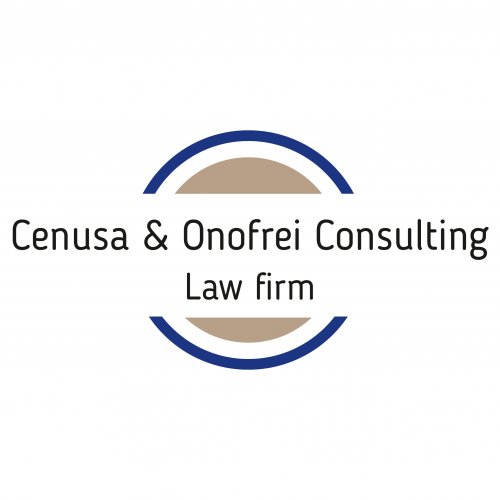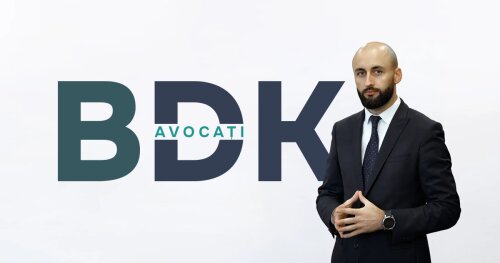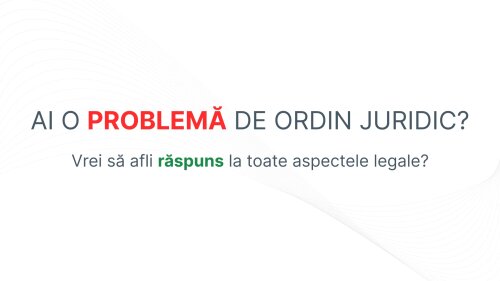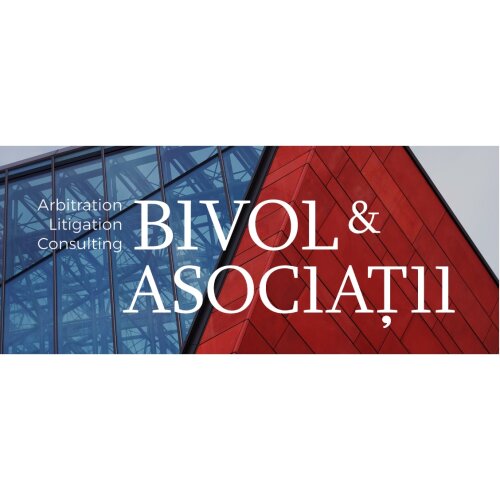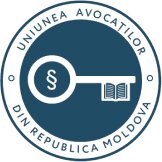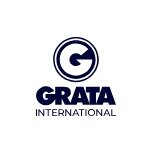Best Banking & Finance Lawyers in Republic of Moldova
Share your needs with us, get contacted by law firms.
Free. Takes 2 min.
Or refine your search by selecting a city:
List of the best lawyers in Republic of Moldova
About Banking & Finance Law in Republic of Moldova
Banking and finance law in the Republic of Moldova governs the operations of financial institutions, regulation of financial markets, and provision of financial services. The legal framework is designed to ensure stability, transparency, and trust in the financial system, aligning with international standards and practices. It encompasses areas such as bank regulation, securities regulation, consumer credit law, and anti-money laundering provisions. The National Bank of Moldova plays a central role in monitoring and supervising the banking activities to ensure the soundness of the financial sector.
Why You May Need a Lawyer
There are several situations where individuals and businesses might seek legal assistance in the field of banking and finance in the Republic of Moldova:
1. Corporate Finance Transactions: Legal guidance is often necessary during mergers, acquisitions, or significant financial restructurings.
2. Lending and Borrowing: Navigating loan agreements, credit facilities, and securities is complex and requires careful legal oversight.
3. Regulatory Compliance: Financial institutions must comply with stringent regulations, and legal advice is crucial for adherence.
4. Dispute Resolution: Legal intervention can be key in resolving disputes over financial agreements or practices.
5. Fraud and Money Laundering: Legal expertise is needed to address allegations or defenses in cases of financial fraud or money laundering.
Local Laws Overview
The legal environment governing banking and finance in Moldova is comprehensive, covering several vital aspects:
1. National Bank of Moldova Regulations: The NBM sets regulations that banks and financial institutions must follow to ensure financial health and customer protection.
2. Financial Institutions Act: This legislation provides the framework for the establishment, operation, and liquidation of financial institutions.
3. Anti-Money Laundering Law: Strict compliance rules require institutions to implement robust measures to prevent and report money laundering activities.
4. Consumer Credit Regulations: These regulations aim to protect consumer rights and ensure transparency in the provision of financial services.
5. Securities Law: Governs the issuance and trading of securities to protect investors and maintain fair markets.
Frequently Asked Questions
1. What is the role of the National Bank of Moldova?
The National Bank of Moldova regulates banks, ensures monetary stability, and oversees the payment systems within the country. It is the primary supervisory authority for maintaining financial stability.
2. How can I safeguard my financial transactions in Moldova?
To safeguard financial transactions, ensure that they are conducted through licensed financial institutions and that all agreements are documented and verified by legal professionals when necessary.
3. What steps should I take if I suspect financial fraud?
If you suspect financial fraud, report it immediately to your financial institution and relevant authorities such as the National Bank of Moldova. Consulting a legal expert can also help guide you through the process.
4. How are interest rates determined in Moldova?
Interest rates are influenced by the National Bank of Moldova's monetary policy, market conditions, and individual bank policies. The NBM sets a benchmark rate which significantly affects lending rates.
5. Are there protections for consumers in financial contracts?
Yes, consumer protection laws ensure transparency and fairness in financial contracts. These laws stipulate clear disclosures and prohibit unfair practices.
6. Can foreign banks operate in Moldova?
Yes, foreign banks can operate in Moldova but they must comply with local banking regulations and obtain necessary licenses from the National Bank of Moldova.
7. What is required to open a bank account in Moldova?
Opening a bank account typically requires identification documents, proof of residence, and a minimum deposit amount, which varies by bank.
8. How does Moldova address money laundering risks?
The Anti-Money Laundering Law establishes strict reporting requirements and due diligence practices to prevent and detect money laundering activities.
9. How do I resolve a dispute with my bank?
Begin by discussing the issue directly with your bank. If unresolved, consider seeking legal advice or submitting a complaint to the National Bank of Moldova.
10. What are the penalties for non-compliance with financial regulations?
Penalties include fines, license revocation, and other legal consequences, depending on the severity and nature of non-compliance.
Additional Resources
For further assistance and information, you may find the following resources helpful:
- National Bank of Moldova: The central authority for financial regulation and supervision.
- Ministry of Finance: Provides guidance on fiscal policies and financial legislation.
- Financial Stability Council: Ensures a coordinated approach to maintaining financial stability.
Next Steps
If you require legal assistance in banking and finance, consider the following steps:
1. Identify Your Need: Determine the specific area where you need legal help, such as contract review, compliance issues, or dispute resolution.
2. Research Qualified Lawyers: Look for legal professionals with expertise in banking and finance law in Moldova.
3. Schedule a Consultation: Meet with potential lawyers to discuss your situation and receive preliminary advice.
4. Hire a Lawyer: Choose a lawyer who has the necessary experience and offers a clear strategy for addressing your legal needs.
5. Stay Informed: Keep abreast of new regulations and legal developments in the banking and finance sector in Moldova.
Lawzana helps you find the best lawyers and law firms in Republic of Moldova through a curated and pre-screened list of qualified legal professionals. Our platform offers rankings and detailed profiles of attorneys and law firms, allowing you to compare based on practice areas, including Banking & Finance, experience, and client feedback.
Each profile includes a description of the firm's areas of practice, client reviews, team members and partners, year of establishment, spoken languages, office locations, contact information, social media presence, and any published articles or resources. Most firms on our platform speak English and are experienced in both local and international legal matters.
Get a quote from top-rated law firms in Republic of Moldova — quickly, securely, and without unnecessary hassle.
Disclaimer:
The information provided on this page is for general informational purposes only and does not constitute legal advice. While we strive to ensure the accuracy and relevance of the content, legal information may change over time, and interpretations of the law can vary. You should always consult with a qualified legal professional for advice specific to your situation.
We disclaim all liability for actions taken or not taken based on the content of this page. If you believe any information is incorrect or outdated, please contact us, and we will review and update it where appropriate.
Browse banking & finance law firms by service in Republic of Moldova
Republic of Moldova Attorneys in related practice areas.
Browse banking & finance law firms by city in Republic of Moldova
Refine your search by selecting a city.



